"Gordon Ramsay's Method Is Just Old, Inaccurate Folklore": People Are Sharing The Cooking Advice They Ignore At All Costs
Everyone has their own schools of thought when it comes to cooking — no two kitchens or cooks are exactly alike! Some beliefs (like throwing pasta against the wall to see if it sticks) are simply...false.
Rhett and Link / Via giphy.com
However, there are other techniques that are wildly debated — like the "best" way to chop an onion.
Recently, u/Swimmin_Duck asked the r/Cooking community to share the "cooking advice they ignore," and here's your fair warning that some of these are ~piping~ hot takes. 🔥
Since I cook for a living, I also felt compelled to add a few of my own, too...just to spice things up a little.
1."Salting your eggs before cooking them has become the proven best choice for people wanting tender scrambled eggs (or omelettes!) that aren't the slightest bit watery."
"Gordon Ramsay's method to salt them during the cooking process is just old, inaccurate folklore passed down from chef to chef — salting them while they cook just makes them tough and watery."
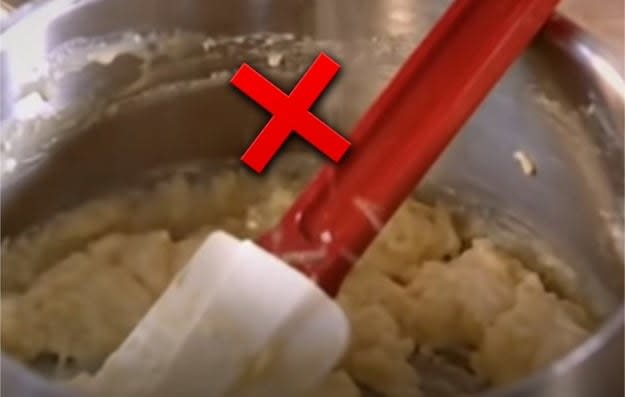
2."Most people discard a whole brick of cheese when there's a little bit of mold on it..."
"When I find a touch of mold on any hard cheese, I'll generally just chop off the chunk of mold with a knife and carry on."
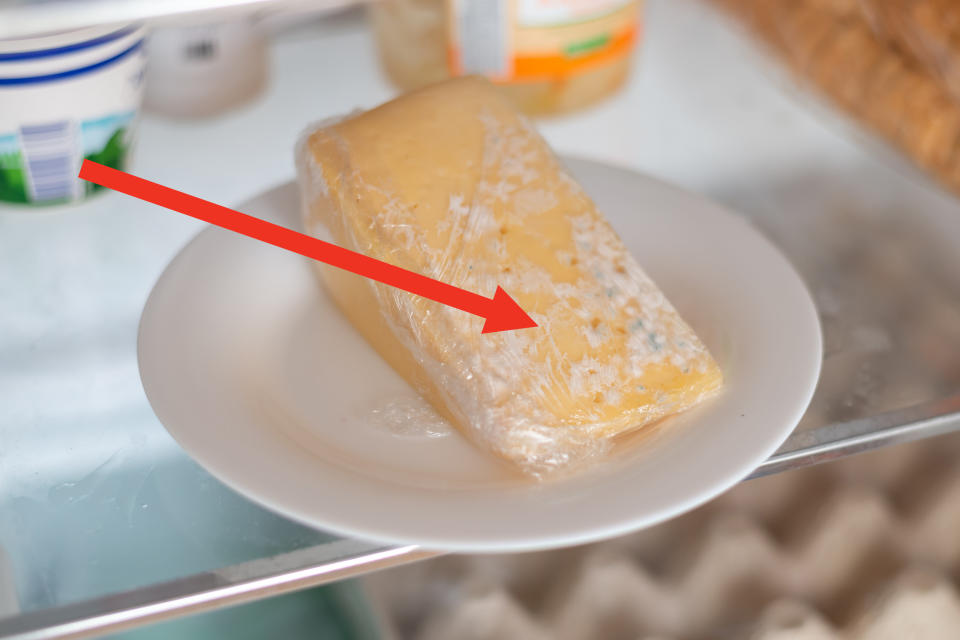
(For food safety reasons, please don't try this with soft cheese — like brie or soft goat cheese! Mold is able to deeply permeate soft cheeses, so if you notice any mold on them, it's best to just toss it out whole.)
3."Salad dressing recipes loooove to tell you to 'stream in the oil' while whisking. Nah, just throw it all in a jar and give it a good shake."
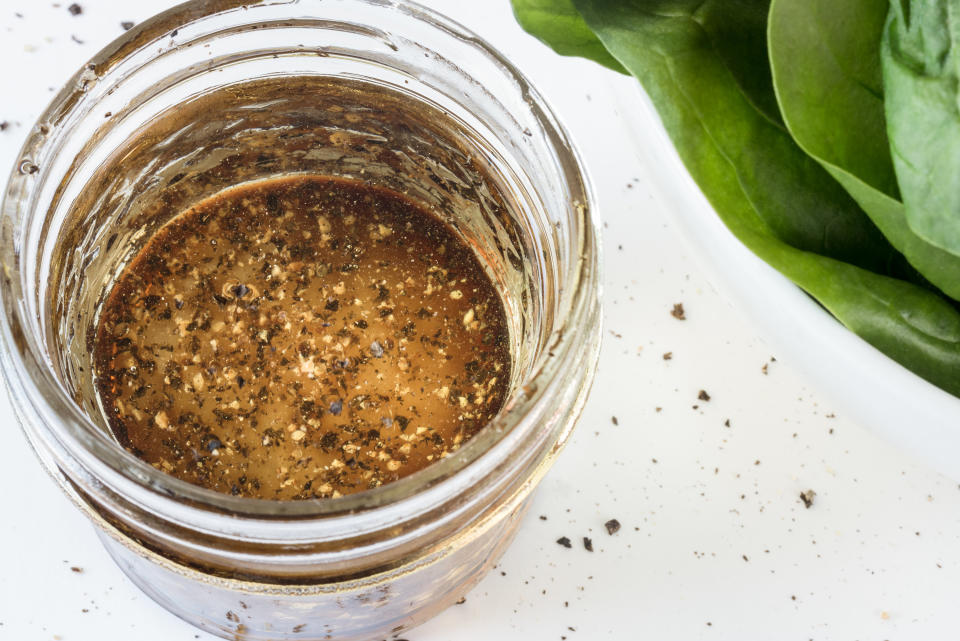
4."I ignore directions to 'cook onions for three minutes until translucent' in a recipe at all costs. Like, OK, I'll come back to you in 10 minutes when they're just starting to soften."
Brimstone / Via giphy.com
5."Most pasta recipes will tell you to bring a massive pot of water to a boil. If I'm eventually going to toss the pasta with a sauce of some sort, I almost always use faaaaar less water than called for — just enough to cover the uncooked pasta by two or so inches."
"This serves two purposes: First, the water will come to a boil much faster. Second, you'll be left with some super starchy pasta water that's perfect for helping each and every noodle cling onto all that luscious sauce."
—Ross Yoder
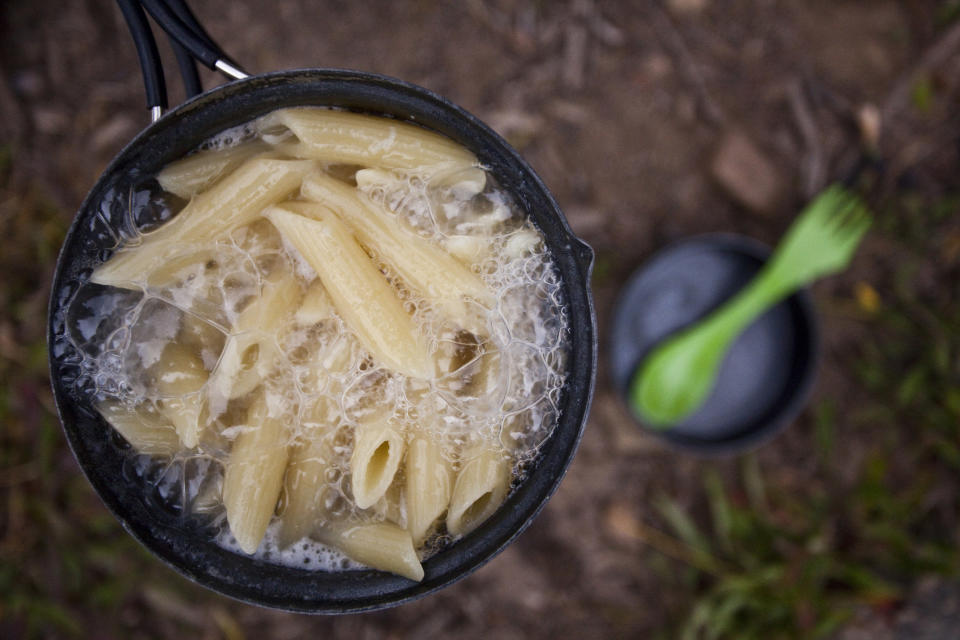
6."I tweak most measurements — especially where garlic or salt are concerned."
TruTV / Via giphy.com
7."My cooking changed for the better when I started using Better Than Bouillon stock concentrates. It tastes SO much better than carton stock and stock cubes in terms of its flavor, the jars hardly take up any space in the fridge, and it lasts for pretty much forever."
"I'm vegan, too, so I love that they have vegan versions of their chicken and beef flavors (that also taste really good). They also have some especially unique flavors, like sautéed onion and roasted garlic!"
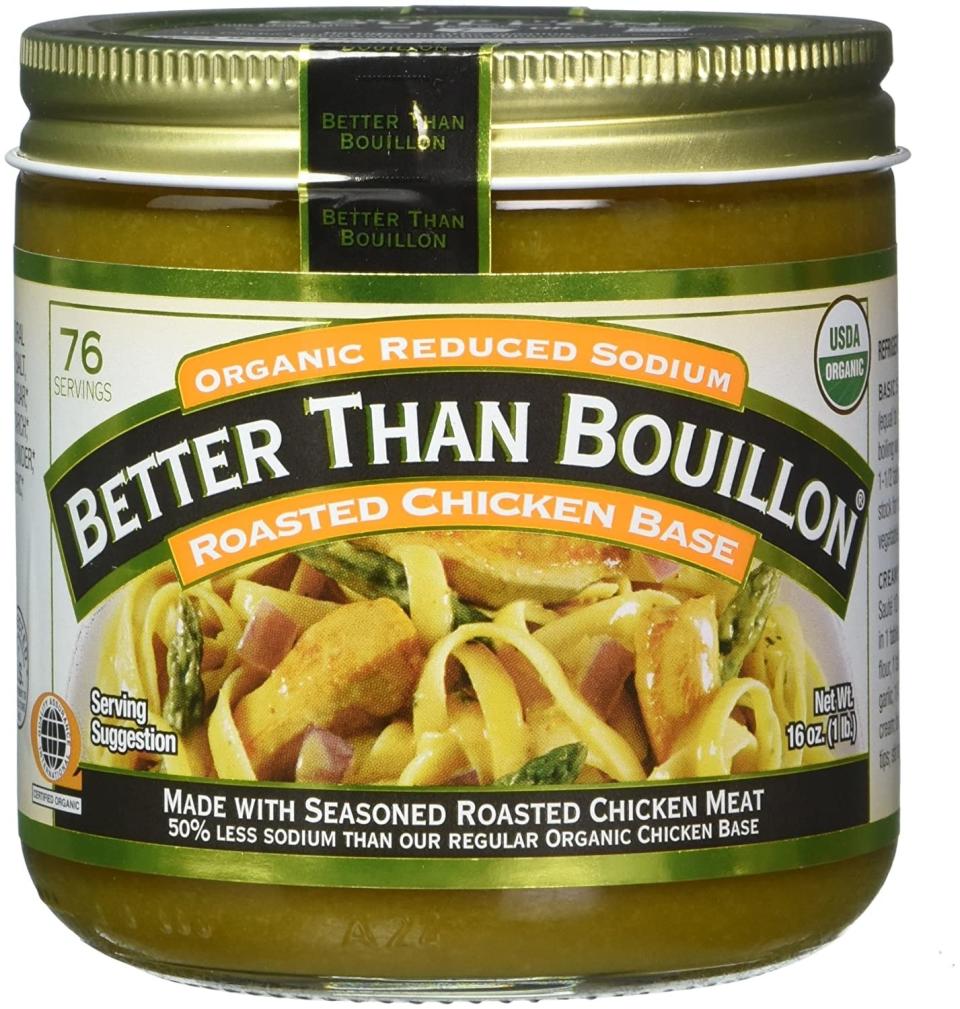
8."I always use salted butter. I find that it just makes everything taste so much better, especially when used in sweet baked goods (in place of unsalted butter)."
Kerrygold / Via giphy.com
9."Many chefs will tell you that adding oil to butter (when sautéing or searing something) will 'raise its smoke point' so it won't burn. That's...literally not how chemistry works."
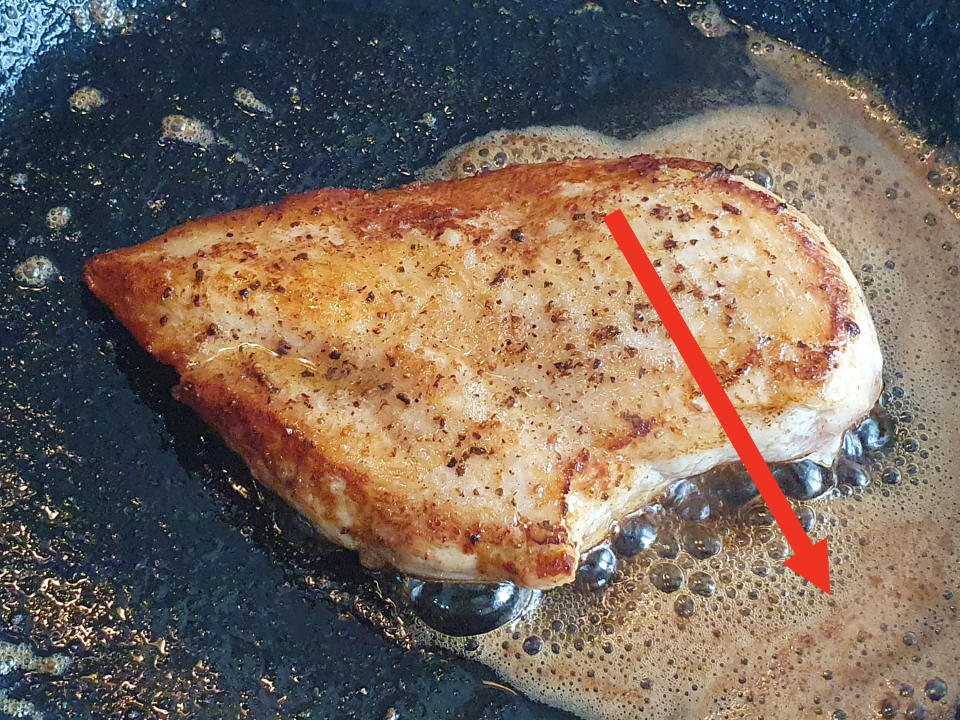
10."When a recipe calls for an onion, I'll pretty much disregard whatever color onion it 'needs.' I plan on using whatever onion I have available, and I honestly don't think it changes a dish all that much."
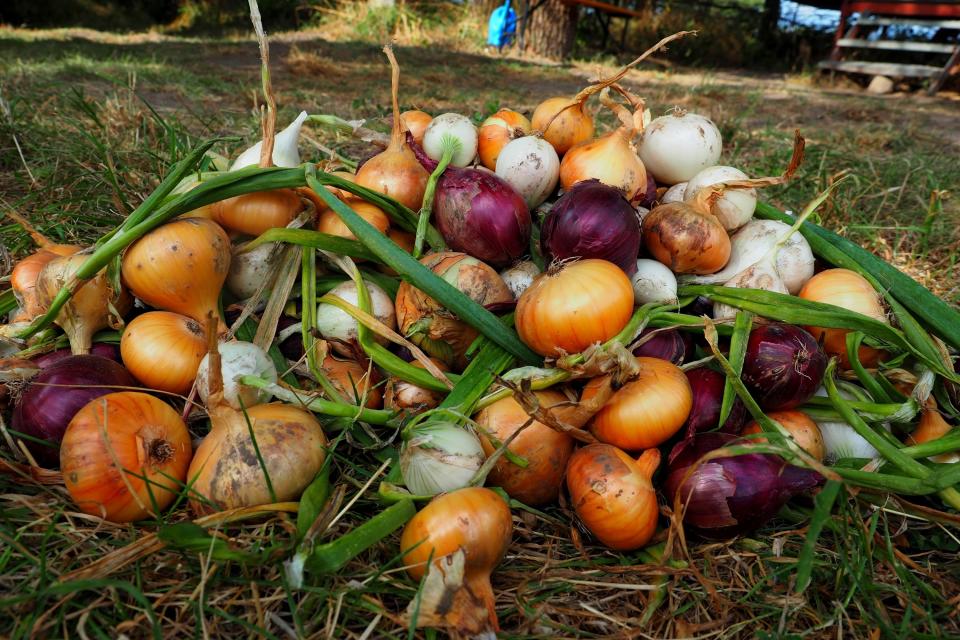
11."Depending on the kind of rice you're cooking, it's not always crucial that you rinse it. Some rice can get really sticky — unwashed sushi rice would totally suck, but if you don't rinse your basmati or jasmine rice it's not going to be the end of the world."

12."I never make simple syrup on the stovetop. Just microwave some water and swish the sugar around until it's fully dissolved. Bonus points if your microwave vessel is also your storage container — I hate extra dirty dishes!"
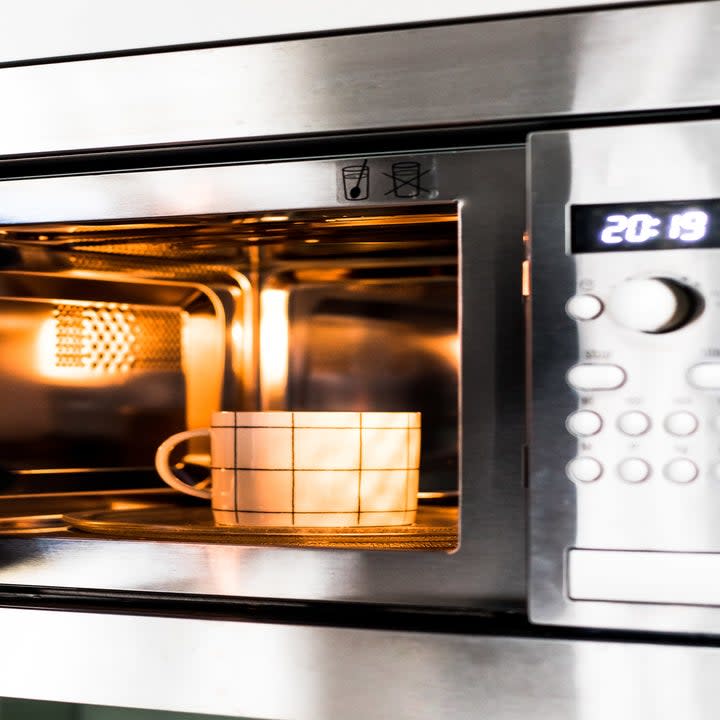
13."I bought ground white pepper for a recipe I was making once upon a time (because white sauces 'can't have black pepper') and I still haven't made a dent in it. I'd much rather just grind black pepper fresh when I want to use it — so what if there are visible pepper flecks?!"
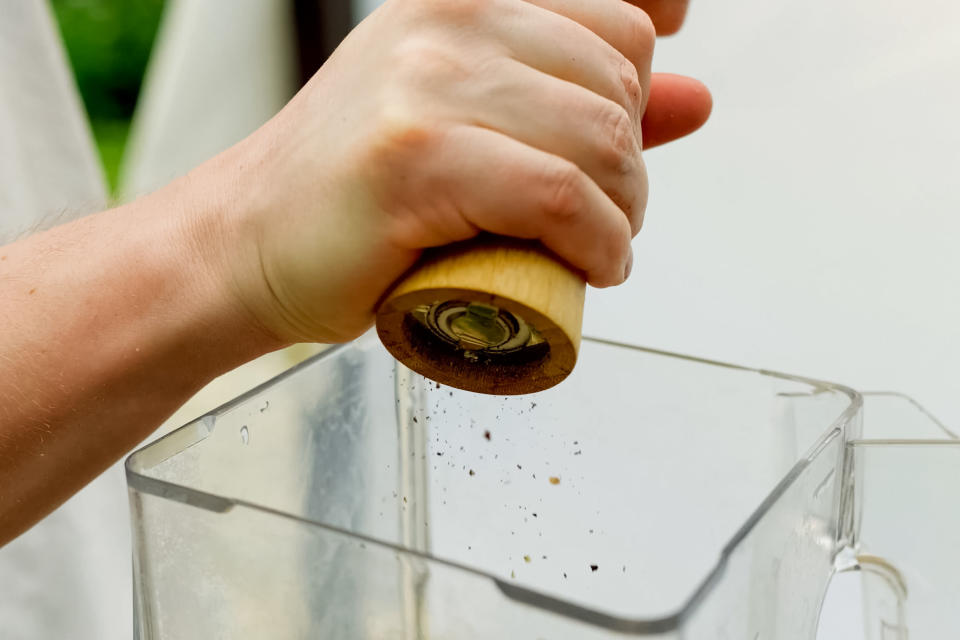
14."My mom used to be an operations manager at a culinary college. They specifically told the students not to use expensive wine. They recommended boxed wine because the wine stays sealed from the air and stays good for longer."
"By the time you're done cooking with it, anything that would make an expensive wine taste 'better' will be destroyed anyway, so your expensive wine will be ruined."
IFC / Via giphy.com
15."Rinsing chicken before cooking it is totally unnecessary. Cooking chicken to a USDA-advised 165ºF will totally kill off any salmonella-causing bacteria, so when you rinse poultry under water, all you're doing is running the risk of unintentionally splashing raw chicken juice all over your sink and countertop."
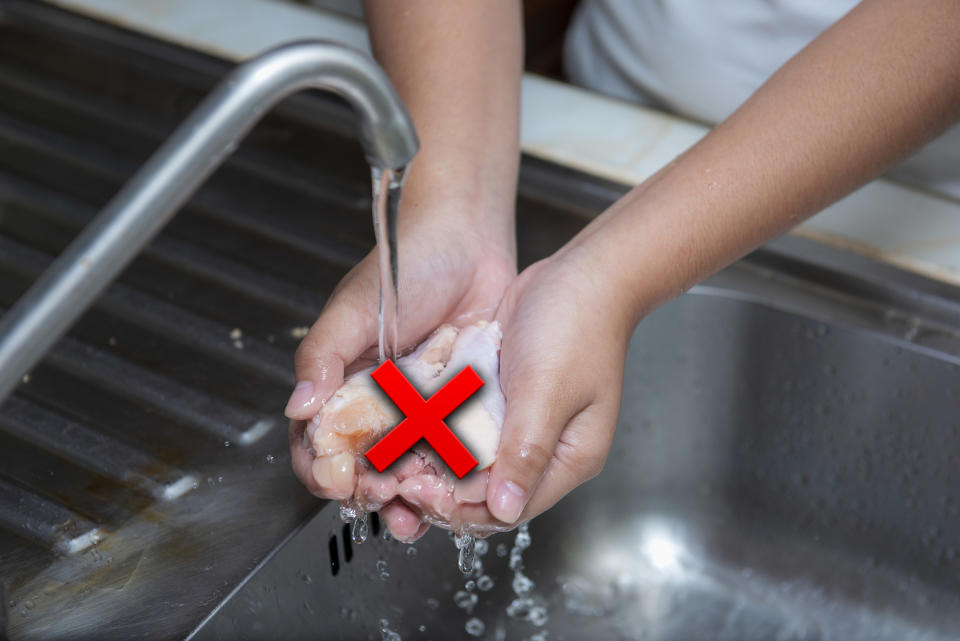
—Ross Yoder
16."Properly measuring dried spices has never been my strongest suit. For any of the spices in the dishes I cook: A teaspoon is just a bit in my palm, a tablespoon is more than that, and anything less than a teaspoon is just a pinch."
"People always rave about 'how well-seasoned' my food is, and that's because the use of dried spices is totally subjective."
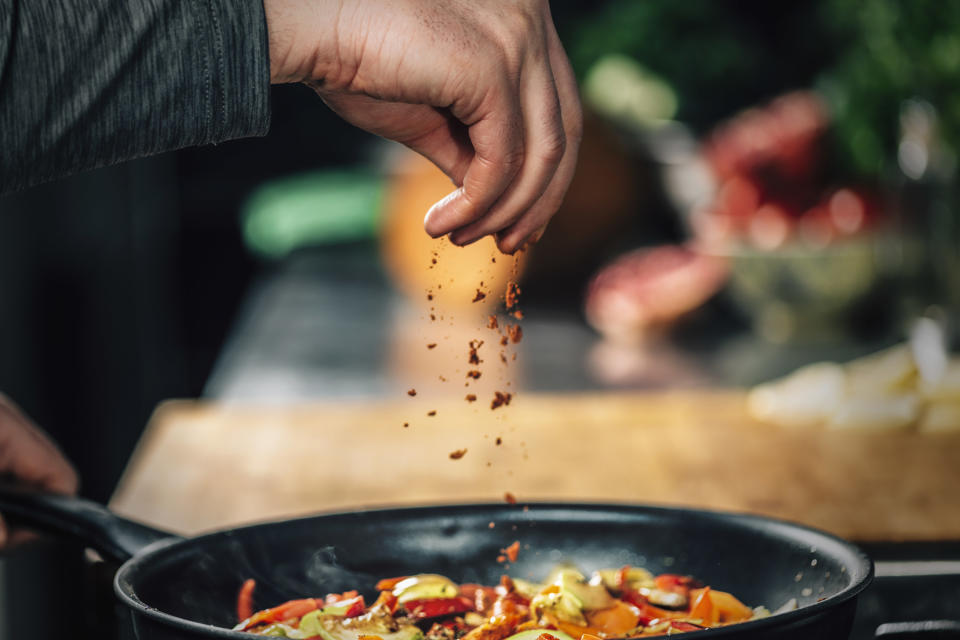
17."I tend to disregard mise en place suggestions — I'm just going to get the water boiling (or pan heating) and then prep as I go. Separate little dishes for all of the components?! Do these people cook on weekdays? Do people do their own dishes?!"
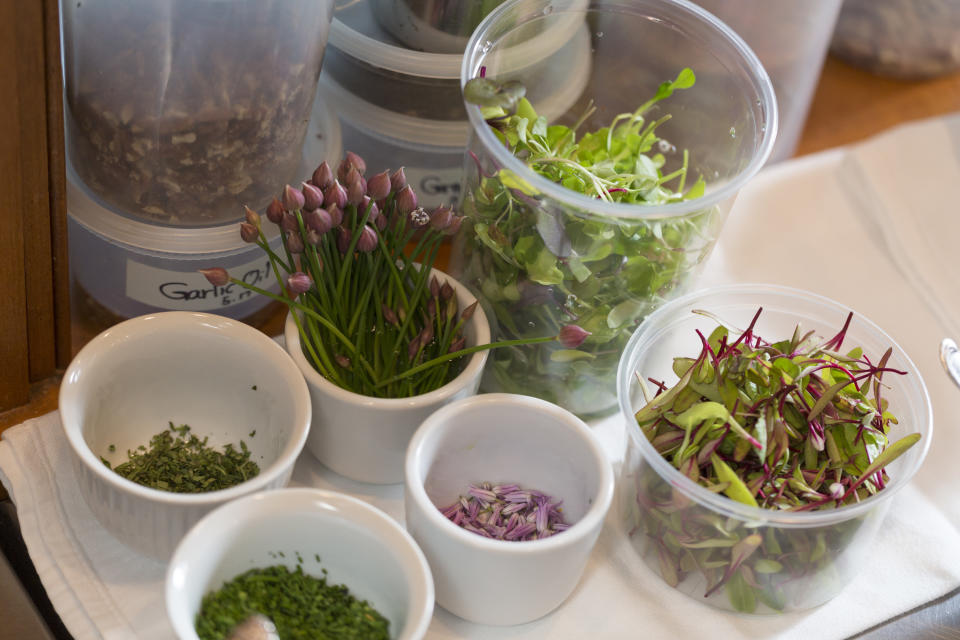
18."I know every Baby Boomer mom and cardiologist is frowning at this comment...but I refuse to EVER omit salt."
BBC / Via giphy.com
19."Most recipes written for American audiences which originate from other countries are extremely stingy with herbs and spices. My Italian wife calls it 'Italian Food for American People.' It takes a lot of experience to know exactly how to use herbs and spices properly, but anyone can start by just increasing the suggested amounts incrementally and seeing how it tastes."
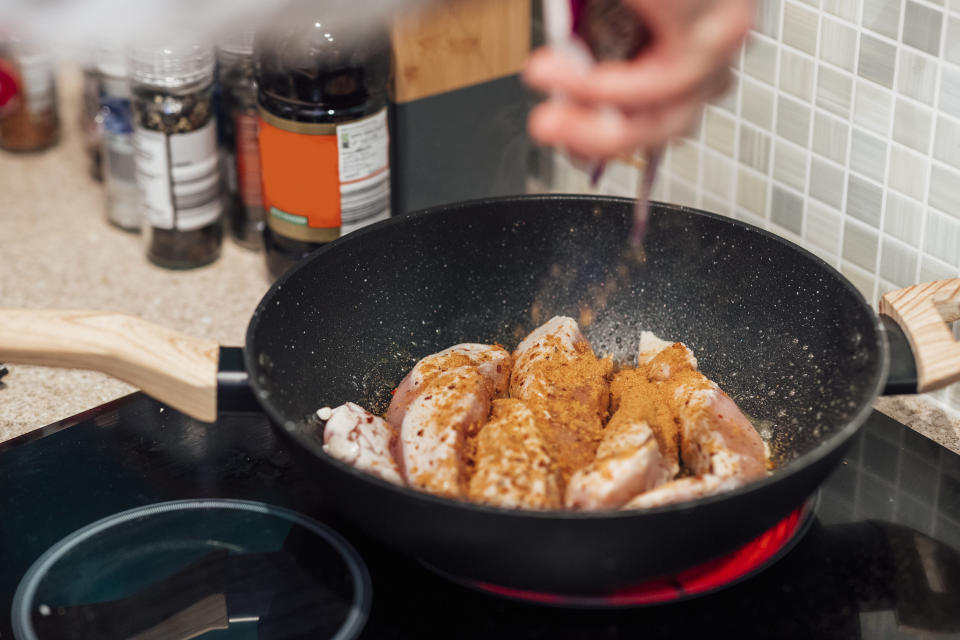
20."Here's a secret: Despite what most people who write recipes would want you to think, using pre-shredded cheese isn't always going to ruin whatever you're making."
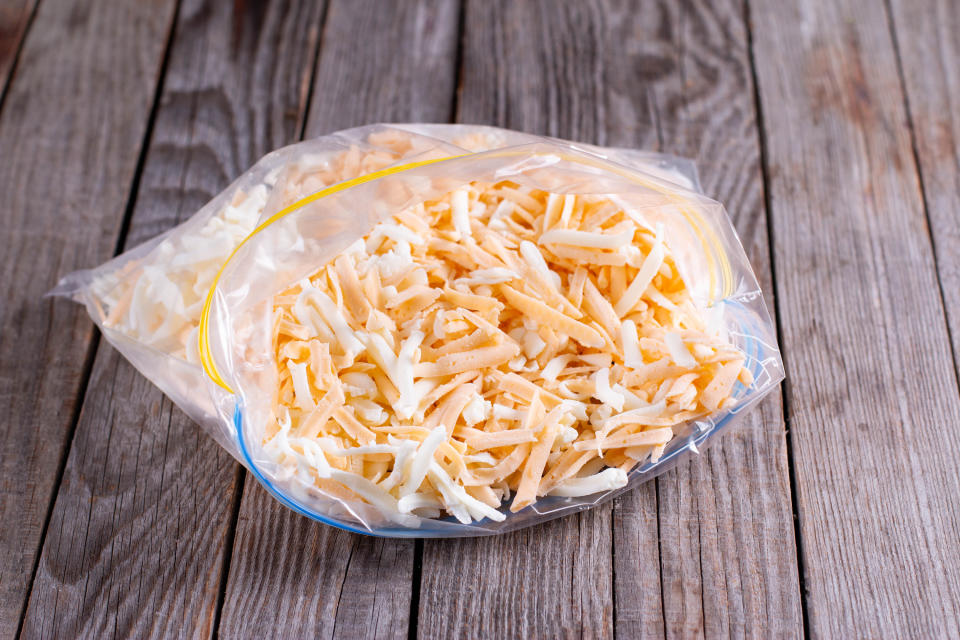
21."Instead of making my own homemade stock, I find that stock cubes work just fine. They really taste great in most applications!"
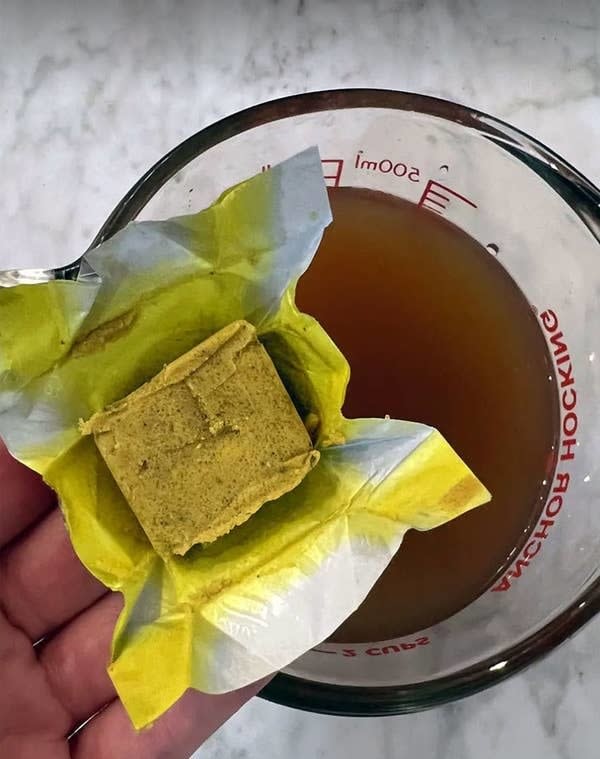
22."That rule about 'never cleaning mushrooms with water' comes from standard prep practices in commercial kitchens (which don't even apply to most people)."
"If you're using your mushrooms right away — which, if you're cooking at home, you probably are — rinsing with water is fine! If they'll sit in the fridge for hours or days after being washed, that's when they'll get slimy and gross."
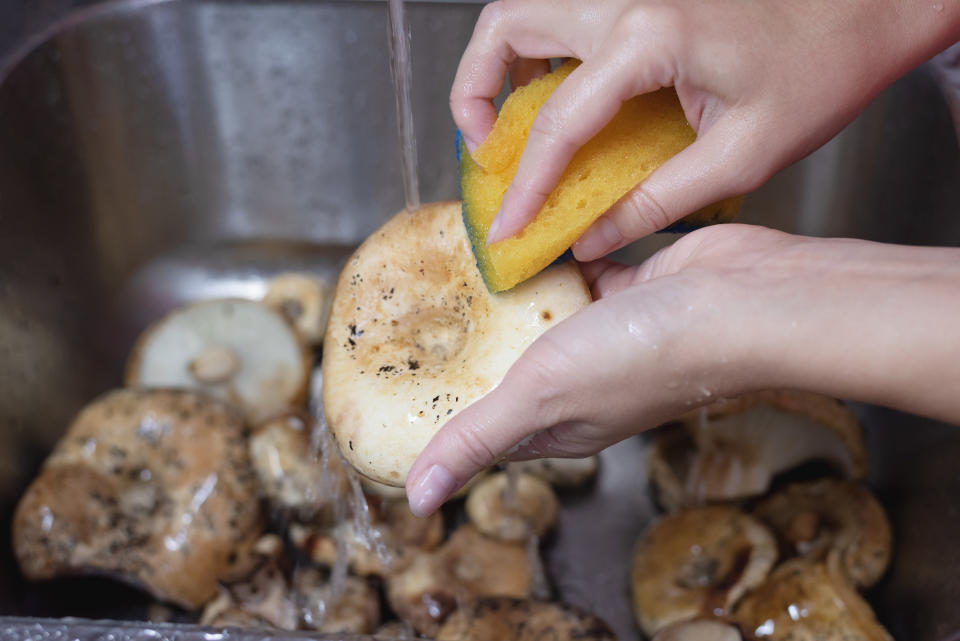
23."I never, ever, ever add garlic at the same time as my onions when I'm sautéing them. I only ever sauté garlic for 30 seconds at the very most, to prevent it from burning and becoming bitter."

—u/BelliAmie
24."Unless the flour you're baking with is absolutely ancient or full of noticeable lumps, there's no need to sift it each and every time you use it. Just make sure you're thoroughly whisking it into your batter or dough, and there will be virtually no difference in texture."
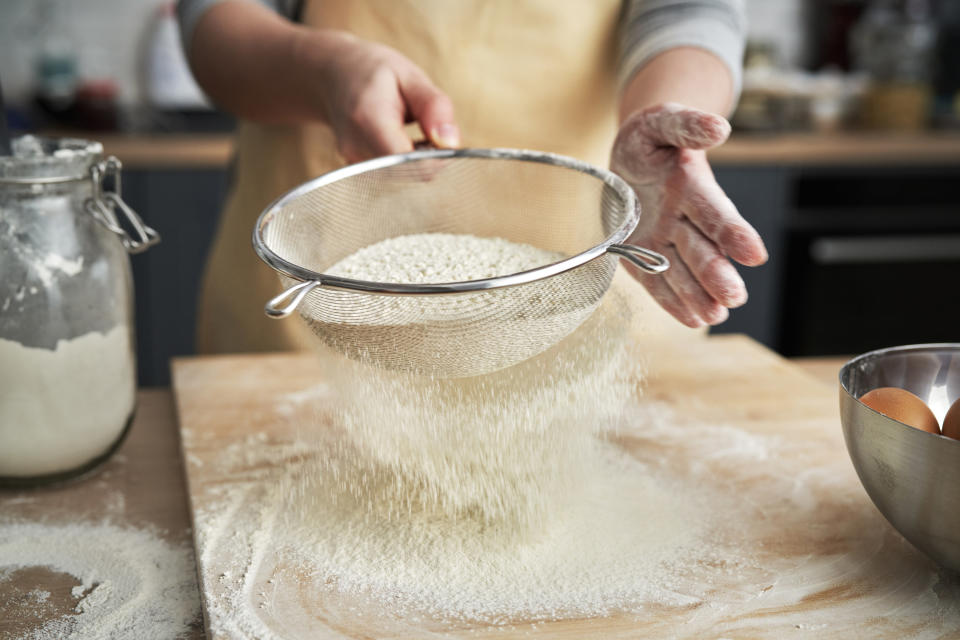
—Ross Yoder
25."Instead of making a roux with flour to thicken sauces, I'll use cornstarch as a thickener. I'm never too fancy for cornstarch."

26."When cooking ground beef, so many recipes will tell you to 'drain the fat.' Hell no! Fat is flavor! Use the rendered fat to cook up the veggies you'll use in the dish and the end results will be so much better."
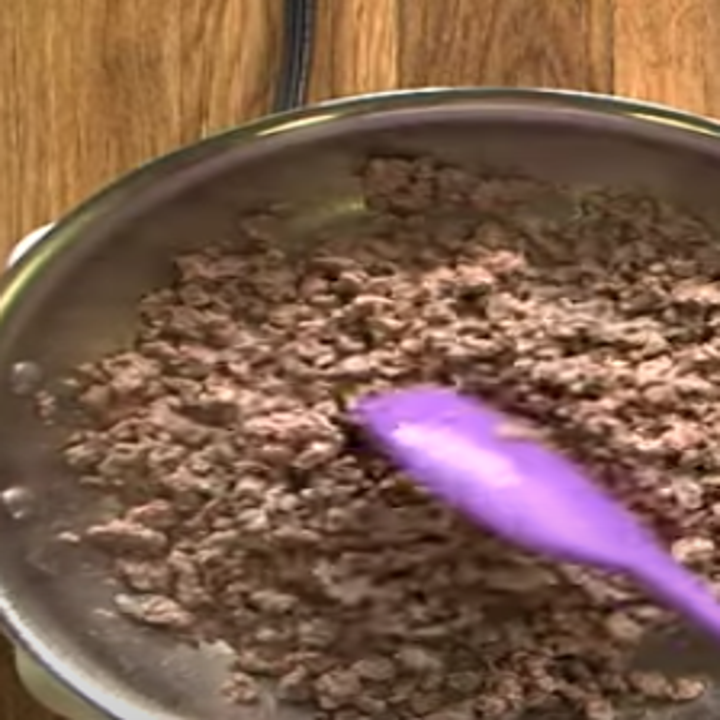
27."I always use more vanilla extract in my baking than what the recipe calls for. People writing recipes normally have higher-quality ingredients than the average person. One teaspoon of one-dollar vanilla flavoring isn't going to do much compared to a teaspoon of high-quality vanilla."
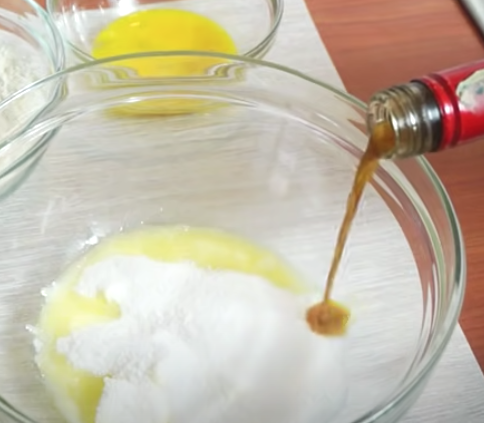
28."Instead of relying on recipe timing when I'm cooking meat — especially chicken and steaks — I always use an instant-read thermometer. 'Cook times' go completely out the window."
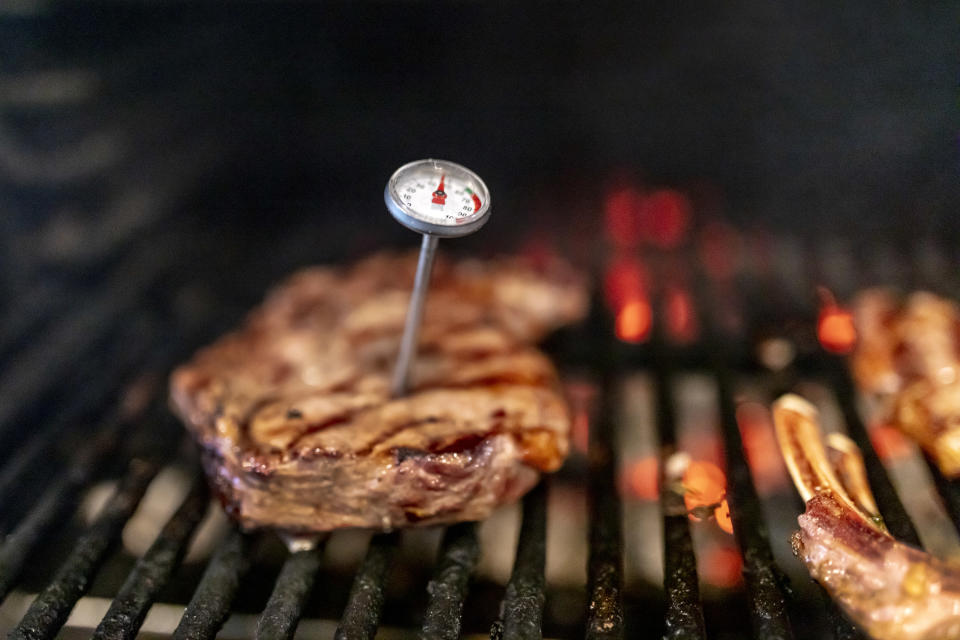
29."If the warm water from your sink tastes fine — clear, with no mineral-y taste — add warm water (instead of cool) to your pasta pot to cut down on time spent waiting for it to boil."
"This one totally depends on where you live and how old your pipes are. Hot water tends to pick up more minerals from your pipes (and can make whatever you're cooking taste a bit off), but if your warm water tastes OK, it'll come to a boil much faster than cold water would."
—Ross Yoder
Penguin Books UK / Via giphy.com
30."When cutting onions, people say you're supposed to make horizontal cuts, parallel to your cutting board. I only make vertical cuts (facing the root of the onion) before chopping it up. Those other cuts are redundant — the onion is layered already!"
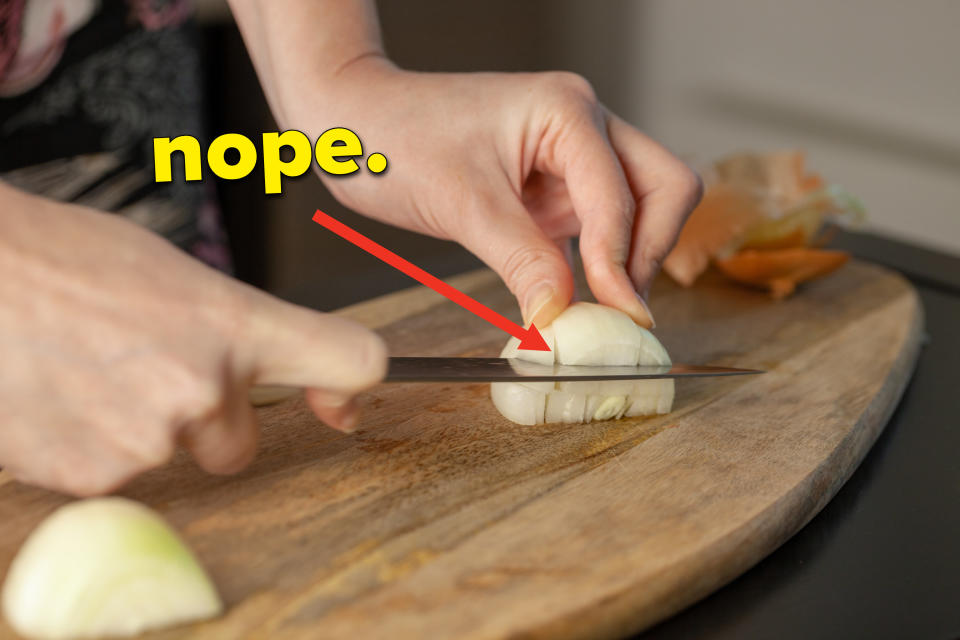
31."People always tell you to never wash your cast iron skillets with soap, but apparently it's just an old rule from way back in the day when soap contained lye and other harsh stuff. Nowadays, a bit of soap isn't going to hurt your cast iron."
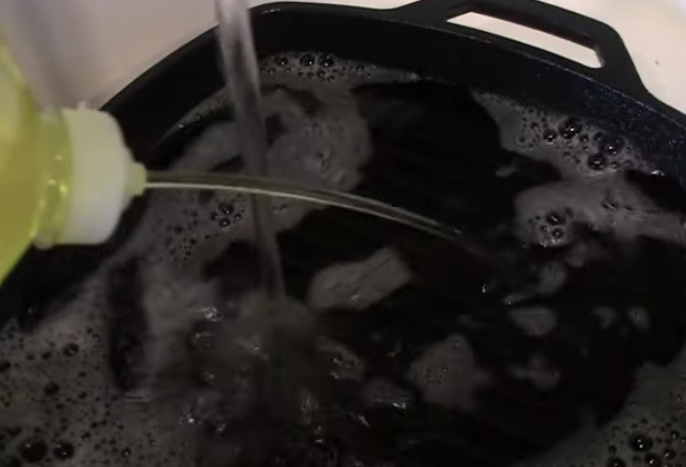
32."Adding oil to your pasta water won't prevent the noodles from sticking. The oil largely remains separate from the water, and the tiny bit of oil on the noodles will actually prevent it from soaking up as much of the sauce as it otherwise would."
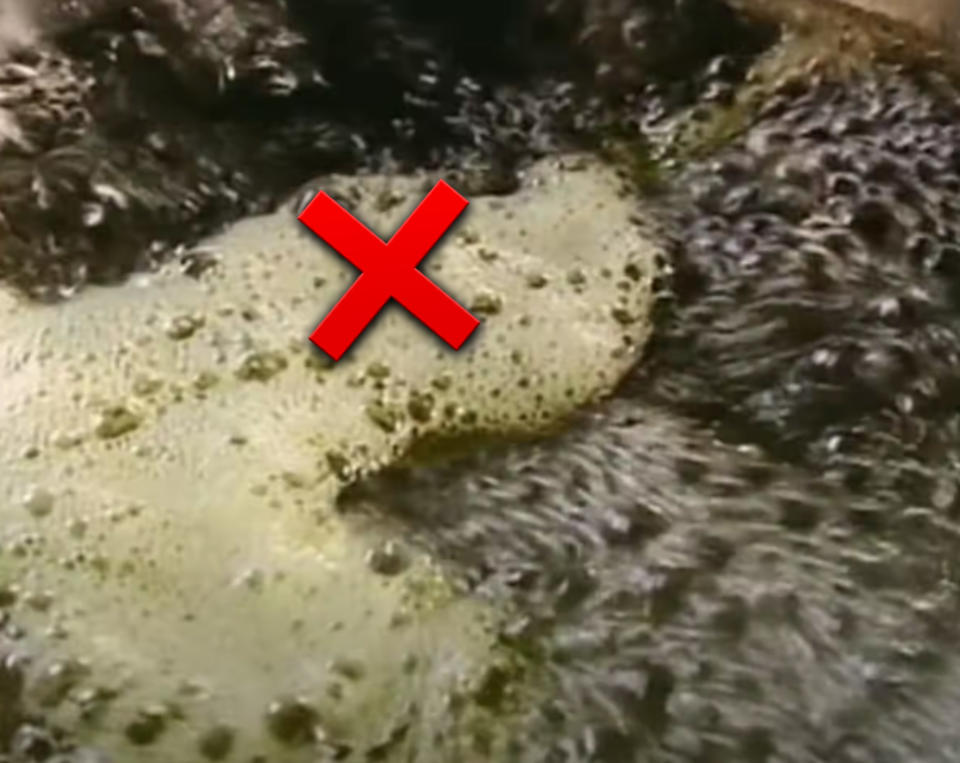
33."I rarely pay attention to sugar measurements when baking. By default, I pretty much use half (or even a third) of what is called for...and I NEVER miss it. So many baked goods are sickeningly sweet already."
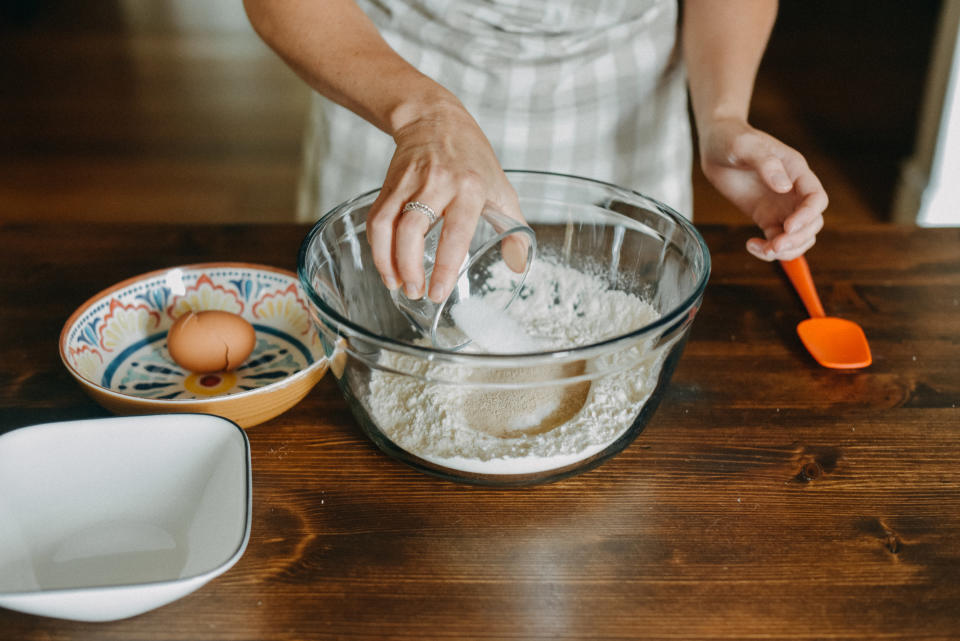
34."When recipes call for black pepper, I take it with a grain of salt...no pun intended. Salting your food is mandatory, but black pepper is just a spice that somehow became synonymous with salt. Not all people like it, and I don't find it necessary in most dishes."
Nickelodeon / Via giphy.com
Are there any pieces of commonly-believed cooking advice that you always ignore? Let us know in the comments. 👇
Note: Some submissions have been edited for length and/or clarity.

